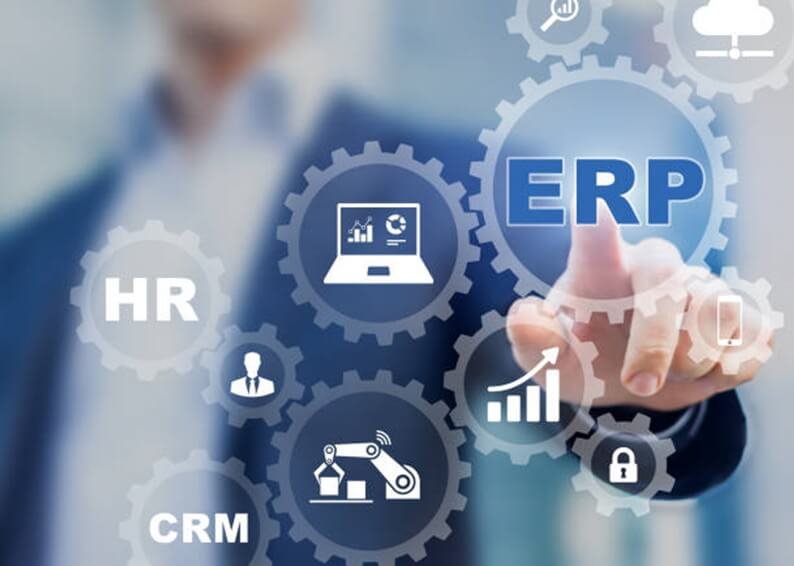The cloud-based ERP system is one of the most popular choices for businesses today. It offers many benefits, including connecting with other business applications, the scalability to accommodate growth, and the flexibility to meet changing business needs.
The cloud has been a game changer for businesses of all sizes. Cloud-based ERP is a software service (SaaS) that helps companies manage their core business processes in the cloud. It is a cost-effective and flexible solution that offers many benefits over traditional on-premise ERP software.
Table of Contents
Cloud ERP
A cloud ERP system delivers the same benefits as an on-premise ERP system but with the added flexibility of being hosted off-site. The cloud has become a popular option for businesses looking to improve their IT infrastructure. Cloud ERP systems offer many benefits, including scalability, reduced IT costs, increased flexibility, and improved collaboration.
What is the Difference Between ERP and Cloud ERP?
Enterprise resource planning (ERP) systems help businesses manage their core processes, including finance, human resources, and manufacturing. Cloud ERP is a type of ERP system delivered via the cloud, which is hosted on a remote server and accessed via the internet.
There are several critical differences between ERP and Cloud ERP. One of the most important is that Cloud ERP is designed to be more scalable and flexible than traditional ERP systems. This is because Cloud ERP is delivered as a software-as-a-service (SaaS) solution, which can be easily upgraded and customized.
Another key difference is that Cloud ERP systems are typically more affordable than on-premise ERP systems. This is because you only pay for the software and services you use, and there is no need to invest in expensive hardware or IT infrastructure.

Is Cloud ERP a SaaS?
Cloud ERP is a software as a service (SaaS) that allows businesses to manage their enterprise resource planning (ERP) in the cloud. Cloud ERP has many benefits, including scalability, flexibility, and cost savings. However, there are also some risks associated with cloud ERP, such as data security and vendor lock-in.
Is SAP a Cloud-Based ERP?
The question of whether SAP is a cloud-based ERP is one that many businesses have asked. The answer to this question is not simple, as SAP offers a variety of products and services that can be used in a cloud environment. However, the majority of SAP’s products are not cloud-based. This means that businesses that are looking for a cloud-based ERP system may want to consider other options.
Conclusion
In conclusion, cloud-based ERP is a solution that can provide a complete solution for running a business. It can help in serving their customers through a better and faster system. It can help in minimizing their cost. It helps in meeting their customer’s demands. It helps them in reaching their business goals. It helps them in improving their sales, profitability, and production. It helps them in short cutting their process. It helps them in increasing their profits and in increasing their sales. ERP is really an essential factor that you can introduce in your company.





